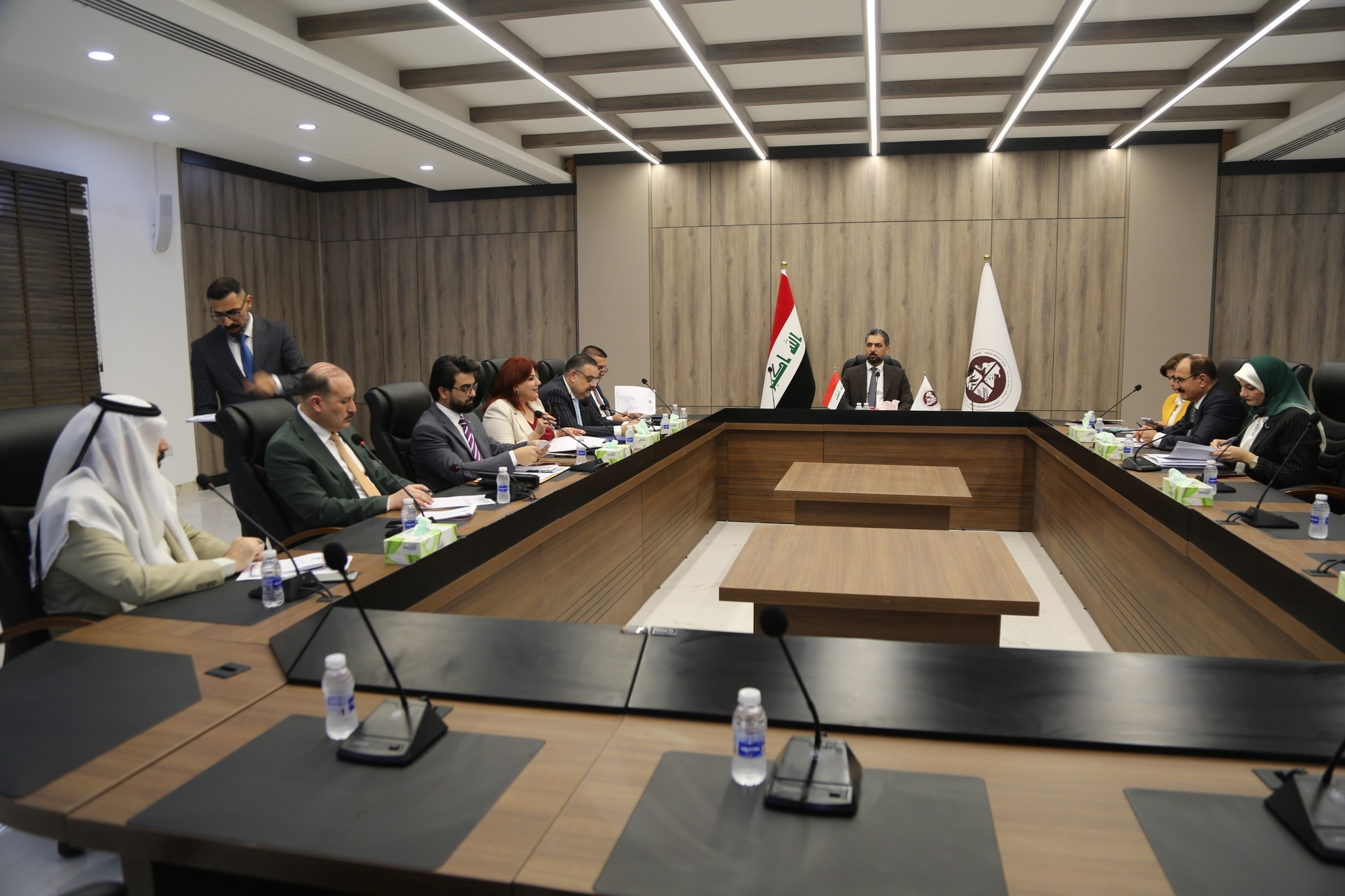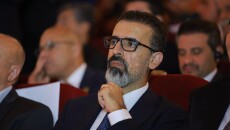The Kirkuk Provincial Council held a quorum session on September 1st after 180 days of stalled sessions, with 10 members attending out of a total of 16 council members. The session came days after threats issued by the council chairman.
Kirkuk Provincial Council Chairman Mohammed al-Hafez threatened, in a press conference on August 28 attended by a KirkukNow correspondent, that legal action would be taken if council members failed to attend the sessions.
According to the council's bylaws and the Provincial Councils Law, any member who misses four consecutive sessions after a quorum is reached or quarter of sessions in four months, without a convincing excuse, will have their membership terminated.
Days after the council chairman's threats, the provincial council met on Monday, September 1, with 10 of its members in attendance. The last meeting with a quorum was held on March 4, 2025.
A KirkukNow correspondent reported that the session was attended by Raad Saleh, a member of the Progress List, Zahir al-Assi, a council member from the Arab List, and Salwa al-Mafraji, a member who defected from the Arab Alliance List.
By law, a council meeting requires a 50+1 attendance rate, meaning that Kirkuk Council meetings require nine members.
Regarding the session, al-Hafez said at a press conference that the session addressed the illegal houses in Kirkuk, which have become an obstacle to the allocation of land plots to eligible employees. He noted that the session also discussed the contract appointments for 7,000 job positions, which have been delayed due to the disruption of meetings.
He said that he will work with the Kirkuk governor to set a date for opening the door for applications for appointments on September 2nd.
Al-Hafez noted that the session discussed the council's work and internal regulations without addressing the issue of the members who boycotted the session.
The session was the eleventh since the council was elected. The provincial council elections were held on December 18, 2023.
Salwa al-Mafraji, who defected from the Arab Alliance headed by Rakan al-Jubouri a few weeks ago, had filed a lawsuit against the formation of the provincial council and the Kirkuk administration, but the lawsuit was dismissed by the court.
Raad Salih and Dhahir al-Asi, who attended the sessions and were part of the process of forming the Kirkuk administration, announced their withdrawal from the coalition forming the local government on May 21 and have boycotted the sessions since then.
The Kirkuk Provincial Council consists of 16 members, seven seats for the Kurdish component (the Patriotic Union of Kurdistan PUK has five seats, the Kurdistan Democratic Party KDP has 2 seats), six seats for the Arab component (the Arab Alliance has three seats, the Leadership Alliance has two seats, and the Arab Alliance has one seat), while the Turkmen component holds two seats and a quota seat for the Christian component.
The 16 members of the Kirkuk Provincial Council are distributed among seven political alliances and parties. Seven of these members have boycotted the sessions since the formation of the local government.
They considered the election of the governor and council chairman, held at the Rashid Hotel in Baghdad, illegal and filed lawsuits with the Administrative Court. The number of boycotters has now decreased to six members.
The Kirkuk local government was formed on August 10, 2024, at the Rashid Hotel in Baghdad, with the participation of five members of the PUK, two leadership list members, the only Arab member, and the last Christian member, totaling nine out of 16 members.
However, seven other members, including the Arab Coalition in Kirkuk (three members), the (KDP) (two members), and the Iraqi Turkmen Front ITF (two members), did not participate in the agreement to form the Kirkuk local government and remained in opposition.






